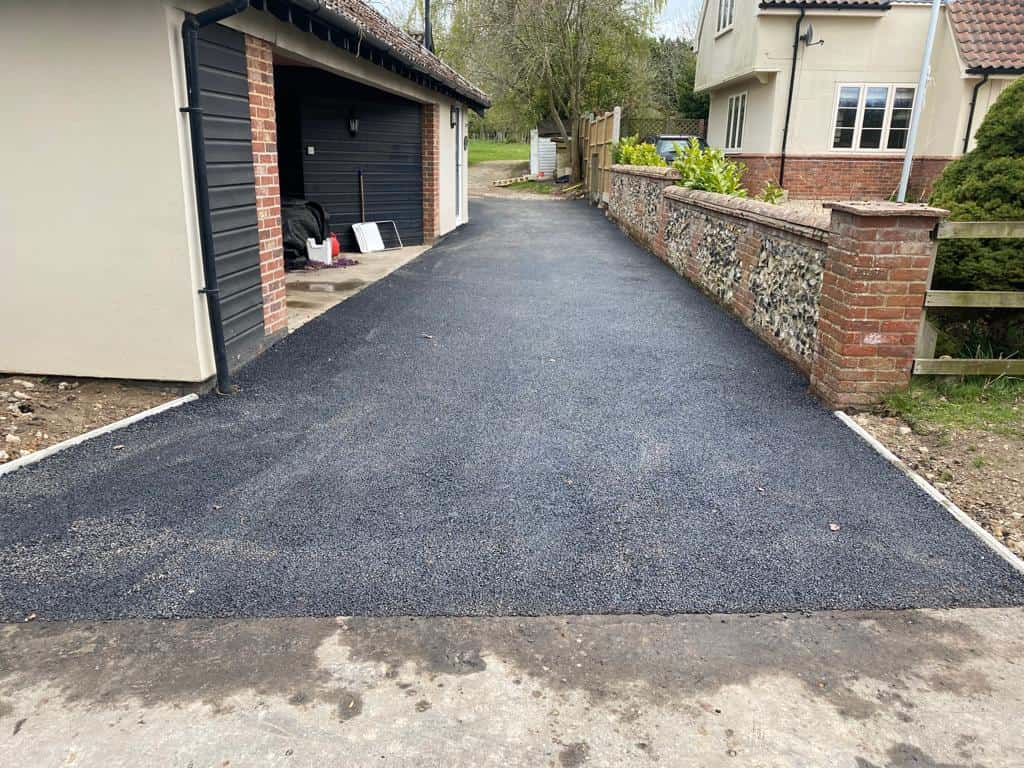Tarmac Road Construction in Developing Nations: Challenges and Solutions
Introduction: Tarmac road construction has played a pivotal role in the development and progress of nations worldwide. However, constructing and maintaining tarmac roads in developing nations can be particularly daunting. In this blog post, presented by Great Yarmouth Driveways, we’ll delve into the unique challenges developing nations face in tarmac road construction and explore innovative solutions to address these issues.
Challenges in Tarmac Road Construction in Developing Nations
- Limited Financial Resources: Developing nations often have limited budgets for infrastructure projects, making it challenging to invest in high-quality tarmac roads.
- Lack of Skilled Workforce: Adequately trained personnel for tarmac construction and maintenance may be scarce in developing nations, affecting the quality of work.
- Harsh Climate Conditions: Extreme weather conditions, such as heavy rainfall or intense heat, can accelerate the wear and tear of tarmac roads.
- Limited Access to Raw Materials: Sourcing quality tarmac materials, including aggregates and asphalt, can be a logistical challenge in remote areas.
- Inadequate Equipment: The availability of modern construction equipment may be limited, leading to inefficiencies and delays.
Solutions for Successful Tarmac Road Construction
- Innovative Financing Models: Developing nations can explore innovative financing models, including public-private partnerships (PPPs), to fund tarmac road construction projects. PPPs involve private sector investment in exchange for revenue-sharing opportunities.
- Capacity Building: Invest in training and capacity-building programs to create a skilled workforce capable of managing tarmac road construction and maintenance.
- Climate-Resilient Designs: Develop tarmac road designs for extreme climate conditions, incorporating proper drainage systems, temperature-resistant materials, and durable surfacing techniques.
- Local Material Sourcing: Encourage using locally sourced materials for tarmac construction. This not only reduces costs but also supports local economies.
- Equipment Rental Programs: Establish rental programs to provide access to modern machinery and tools, even in remote areas. These programs can be managed through public-private partnerships.
- Prioritising Maintenance: Allocate funds and resources for routine maintenance and repairs to prolong the lifespan of tarmac roads.
Success Stories
Several developing nations have successfully navigated the challenges of tarmac road construction:
- Rwanda: Rwanda has invested in tarmac road development, transforming its infrastructure with a focus on quality and sustainability. The country has also embraced innovative financing models.
- Kenya: Kenya has seen significant advancements in tarmac road construction, utilising partnerships with international organisations and promoting local capacity building.
- India: India has implemented a massive road construction and maintenance program, emphasising using locally sourced materials and promoting skilled labour development.
Conclusion: Tarmac road construction in developing nations can be a challenging endeavour, but it is crucial for economic development, accessibility, and improved quality of life. These nations can overcome challenges and create a robust tarmac road network by adopting innovative financing models, investing in capacity building, and prioritising climate-resilient designs. The successful development of tarmac roads connects communities and opens doors to economic growth and opportunities in these regions.
Call us on: 01493 807 282
Click here to find out more about Great Yarmouth Driveways
Click here to complete our contact form and see how we can help with your driveway needs.

